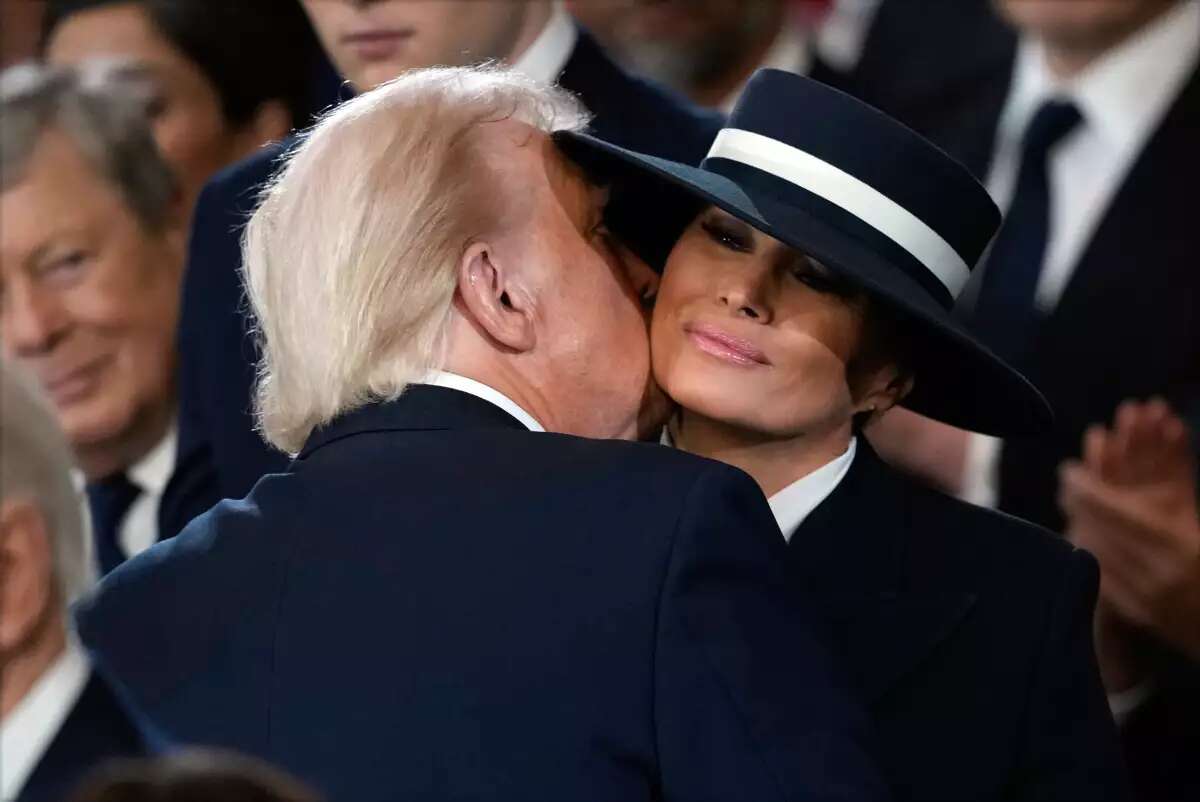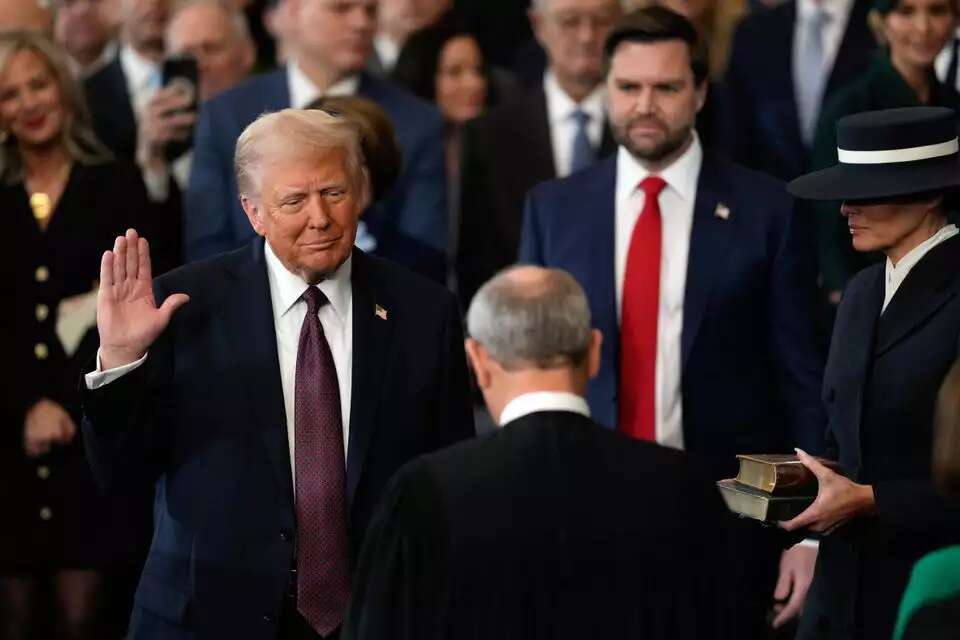Donald Trump launched his second term as US president in a storm, as only he can. But unlike eight years ago, his blitz this time was prepared and meticulously planned down to the last detail, with no hiccups along the way.
In a unique performance before 20,000 supporters at a Washington arena, Trump sat at a pre-arranged presidential-looking desk and signed real presidential executive orders. He had pledged during his campaign to issue these very orders. "Promises must be kept," is one of Trump's slogans that he often repeats. Right from the moment he returned to the world's highest office, he wanted to show his supporters that behind the words, there were also results.
After the lengthy appearance in the hall, he moved to the White House. There, seated at the actual presidential desk, "he signed 42 executive orders, took 115 personnel actions, implemented more than 200 executive actions, and spoke to the press for over an hour," the White House press office stated.

It's worth noting that not just the actions themselves, but also the way they were presented to the American public, were meticulously planned. Far more than previous transitions between administrations, this time, the presidential website, social media accounts, email addresses, and even the décor in the Oval Office of the 47th president - everything was in place, as if Trump had never left the White House. There's no doubt that he and his team learned from past experiences.
Some of this experience involved actions relevant to us. If during Trump's first administration, it took Israel months to explain basic issues, this time, the entire "grocery list" presented by Minister Dermer to Trump two months ago was fully addressed. Many of the orders the new-old president issued on his first day in office directly or indirectly related to Israel.

Trump imposed sanctions on the International Criminal Court (ICC) in The Hague, released ammunition and arms that Biden had delayed, and lifted sanctions on dozens of Israeli citizens and organizations that had been imposed by the Biden administration. On an internal American issue, but with significant for Israel, Trump ended US funding to the World Health Organization - a UN agency that is openly hostile to Israel. The President also ordered a 90-day suspension of US funding to UNRWA, as part of suspending all US aid budgets, in order to reassess them.
But beyond these actions, which Trump viewed as being in the interest of America and not just Israel, there was another, bigger, more significant, and touching gesture he made in relation to Israel. Throughout his speech in the arena, Trump had with him Noa Argamani, the hostage who was freed, and the families of hostages still being held. Trump spoke with some of them before and after the speech. There has been no stronger message until now - he cares about our hostages, and that is not a given.




